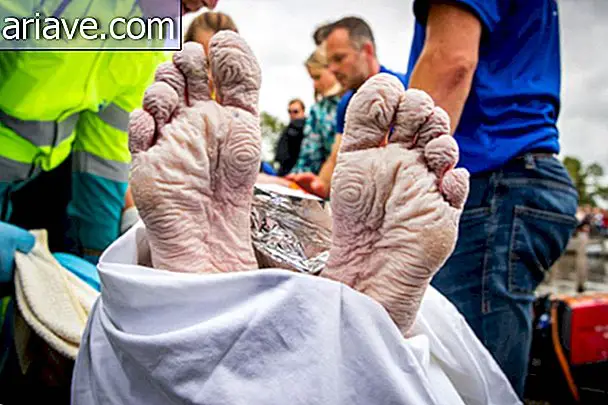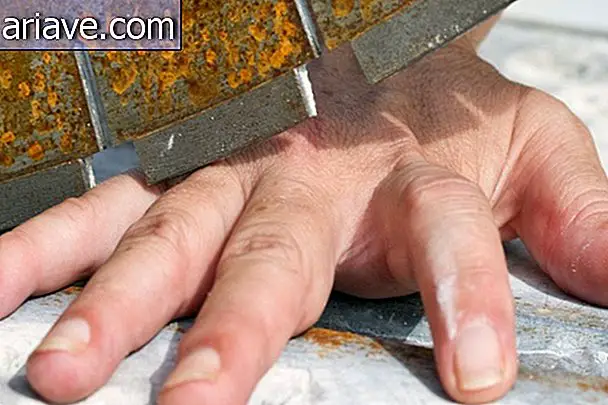Researchers find that electric shocks replace coffee use
Two days ago we talked about the food eaten by soldiers around the world, remember? Some kits contained instant coffee sachets, and if you're also the type who doesn't live without a cup of coffee in the morning and after lunch, the item really seems indispensable.
Known for its stimulating and energetic properties, many people's favorite drink can be replaced by electric shocks, you know? It sounds weird, but it's true. The US Air Force is responsible for totally pioneering research in this regard. The idea is to find a substitute for coffee every day.
Tests and comparisons

To this end, some tests were performed on individuals divided into three groups: those who drank coffee, those who received shock and those who neither drank nor were the targets of electric currents. The volunteers who underwent the tests are totally healthy, and the electrical stimuli are the same as those used in some patients with depression, for example. It's not cruel, as you're used to seeing in movies. The shocks are considered very mild.
The volunteers spent 30 hours without sleep and what the researchers realized was that the subjects who received the electrical stimuli had twice as good performance as those who received nothing - those who drank coffee had their performance plummeted at the end of 30 hours.
Substitute?

In another study, published last year, volunteers were tested in other ways: this time the researchers wanted to know how quickly participants could find certain hidden signals in different scenarios. Subjects who received electric shocks were more agile when performing the tasks.
Lindsey McIntire, one of the researchers involved in these studies, explained that electric shocks do not have the same side effects as coffee, such as agitation and nervousness.
The volunteers described the shocks as “a slight tingling sensation” or “a burning sensation”. Just as when used for psychiatric purposes, these types of electrical discharges are not recommended for long periods and, in the case of coffee substitution, despite the evidence, nothing is 100% proven. The use, for now, is aimed exclusively at the military class. So, what do you think about this news? In the future - perhaps closer than you might think - would you trade your cup of coffee for a little shock?











